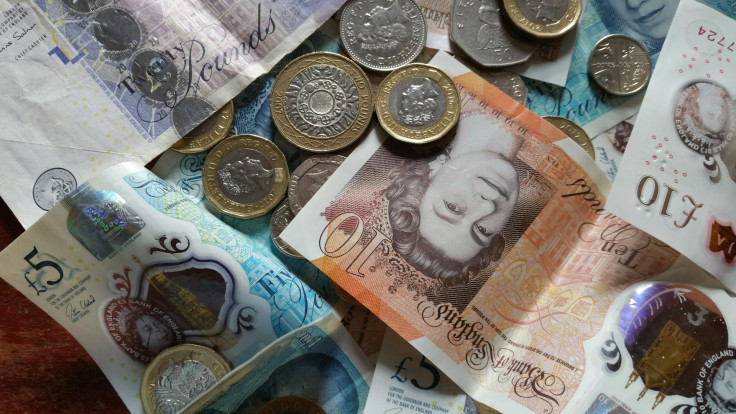Winter Fuel Payment Warning: Are You One of Two Million Pensioners Facing a £300 Tax Bill?
From November 2025, pensioners earning over £35,000 will still get the Winter Fuel Payment, but may later repay it through the tax system.

Up to two million pensioners across the UK could face a surprise tax bill of £300 under new Winter Fuel Payment rules due to take effect this winter. (In Scotland, the Winter Fuel Payment has been replaced by the Pension Age Winter Heating Payment.)
From November 2025, those aged 66 and over will continue to receive the Winter Fuel Payment with no need to apply. This allowance is meant to help with the cost of heating during colder months, but a new income threshold has been introduced that could change who ultimately keeps the money.
Pensioners earning more than £35,000 annually will still receive the full Winter Fuel Payment upfront. However, if their income exceeds the new cap, they will later be required to repay the full amount through the tax system. The change affects an estimated two million people, while around nine million pensioners will remain eligible without any repayment obligation.
@martinlewismse How does the new Winter Fuel Payment really work? There's far more help (inc what counts as earnings) in the must-listen new The Martin Lewis Podcast (avail at all the usual pod players). For the full MSE detailed Q&A, search ‘MSE Winter Fuel Payments criteria confirmed’
♬ original sound - Martin Lewis
What Is the Winter Fuel Payment Worth?
The Winter Fuel Payment will continue to be paid automatically to qualifying pensioners. Payments will be either £200 per household or £300 where someone in the household is aged over 80.
The adjustment in eligibility follows a policy shift after an earlier proposal to limit the payment to only the lowest-income pensioners was dropped. The revised plan ensures wider access, but introduces tax recovery for higher earners, effectively turning the payment into a temporary benefit for some.
Will the Government Deduct the Money from Bank Accounts?
The money will not be reclaimed directly from pensioners' bank accounts. According to HM Revenue & Customs (HMRC), repayment will be handled through existing tax systems—either Pay As You Earn (PAYE) or Self Assessment. No one will need to manually transfer the funds back.
Under PAYE, the repayment will be spread out in monthly deductions from salary or pension income. This will begin in April 2026 and continue throughout the 2026 and 2027 tax year. A change to the pensioner's tax code will allow HMRC to recoup the amount without requiring any action from the taxpayer.
What If You Use Self Assessment?
Pensioners who complete Self Assessment tax returns will have the payment added to their 2025 to 2026 return, due by 31 January 2027. Those filing by post will need to include it in paper returns by 31 October 2026. HMRC has confirmed that the amount will be included automatically for those already registered, though taxpayers are advised to check their return to ensure the figure appears.
An HMRC spokesperson said that the majority of higher-income pensioners affected will repay the money automatically via changes to their tax code. For Self Assessment filers, the process remains the same as other taxable income.
Is There Any Way to Opt Out?
Yes. Those who expect to earn more than £35,000 and wish to avoid having to repay the Winter Fuel Payment can opt out before the 2026 cycle. Instructions for opting out will be available on GOV.UK and MyGov.Scot (for Scotland-specific guidance) from 1 April 2026. Opting out can be done online, by phone, or by post.
How to Check If You'll Be Affected
HMRC has published online guidance and a calculator to help pensioners determine whether they will exceed the income threshold and need to repay the allowance. Pensioners are encouraged to review their financial details to avoid surprises when repayments begin.
While the payment itself remains unchanged in the short term, the method of recovery could cause confusion for some. With automatic repayments starting in 2026, higher-income pensioners will want to plan accordingly.
© Copyright IBTimes 2025. All rights reserved.





















